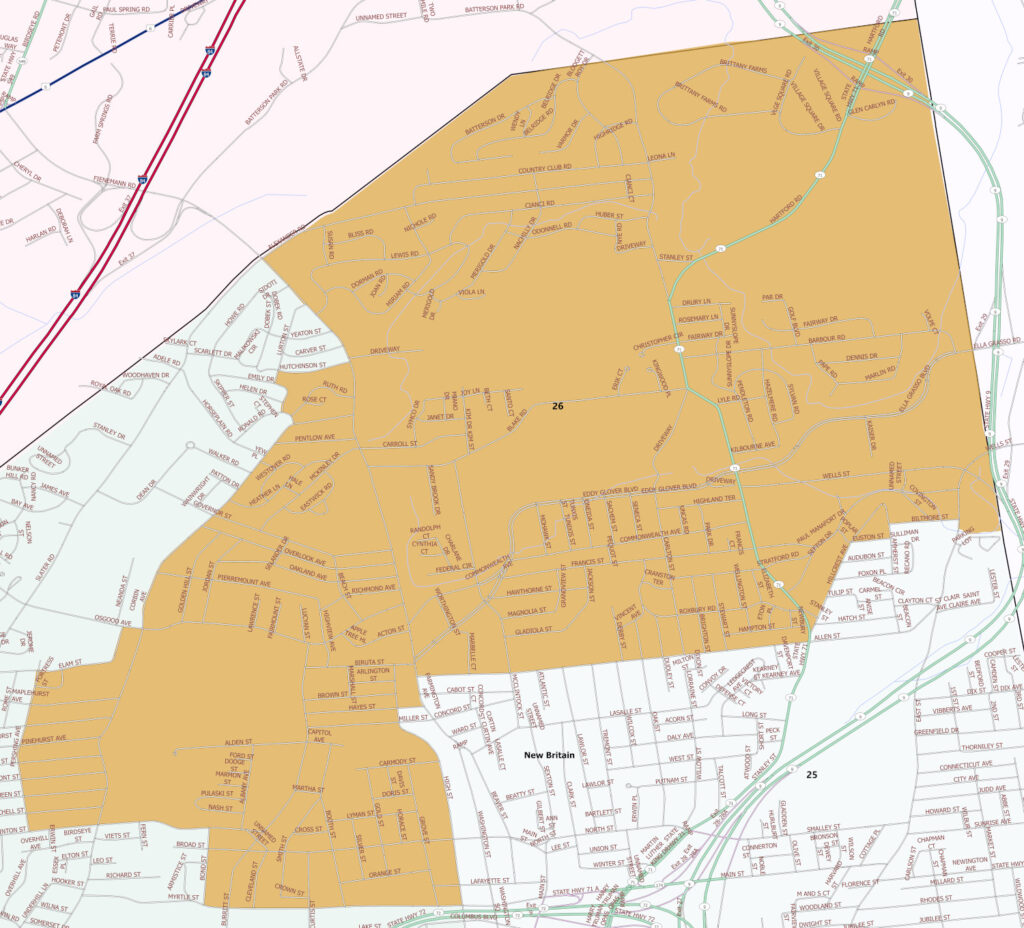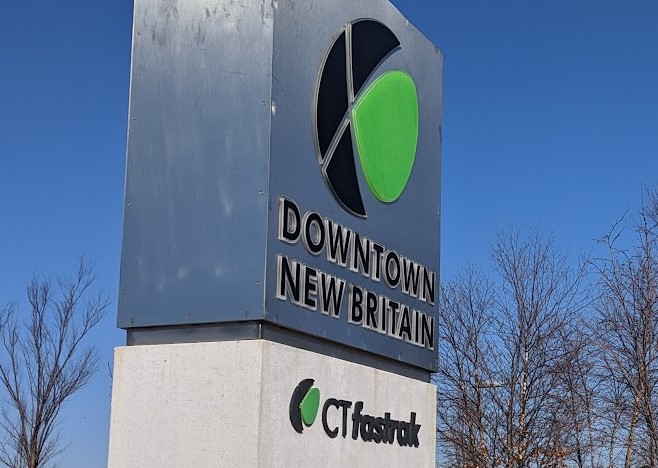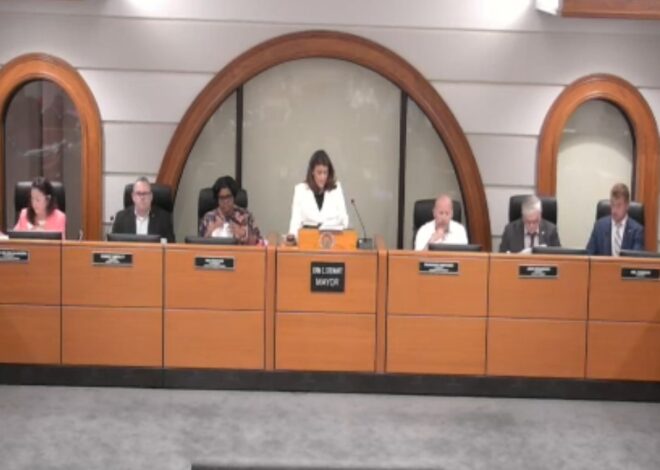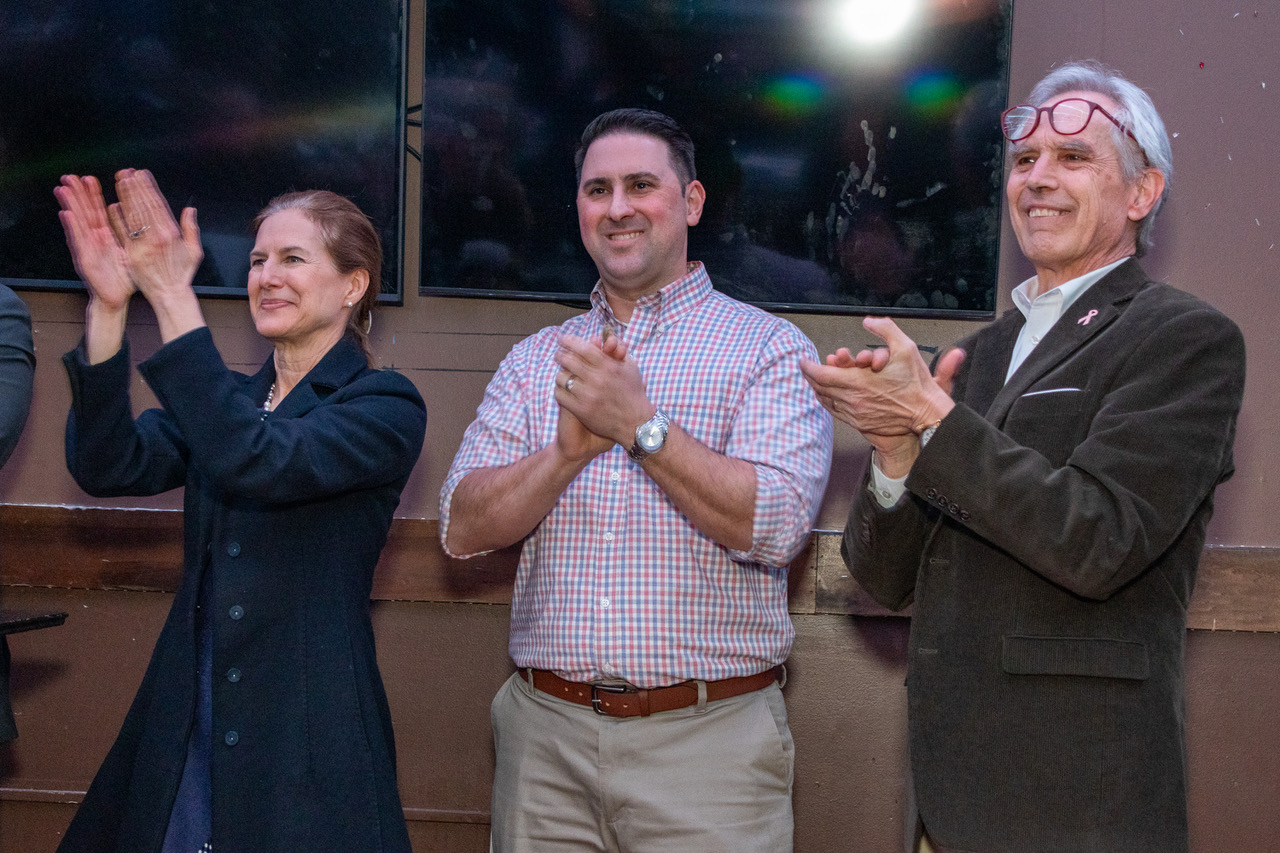
DeFronzo Proposes “Historic Investment in Municipal Infrastructure Improvements”
State Representative candidate Dave DeFronzo announced that he is calling, “for a $200 million state investment in aging, unsafe and inefficient municipal infrastructure systems across the state,” with his campaign noting, “long delayed sewer improvement projects have led to regularly recurring flood conditions in a residential neighborhood creating public health dangers and property damage.”
“With the state enjoying a statutorily capped $3.3 billion Rainy Day Fund and anticipating another large operating surplus at the close of the current fiscal year,” DeFronzo said, “it is time to share the wealth and invest funds in antiquated, unsafe, and inefficient municipal infrastructure needs.”
DeFronzo’s campaign says that his plan, in addition to improving infrastructure, “could generate the creation of up to 10,000 construction and other related jobs, leading to safer, cleaner and more livable neighborhoods, while also relieving pressure for increased taxes at the municipal level.”
“Every city and town has a list of overdue infrastructure projects that should not be ignored, DeFronzo added.”
DeFronzo, a former City Council member, is the endorsed Democratic candidate for the 26th Assembly District in an election for the seat, that is open this year after Rep. Peter Tercyak (D-26) announced his retirement, after serving the district for 21 years. Tercyak has endorsed DeFronzo. DeFronzo was endorsed by the Democratic Town Committee for the seat in May.
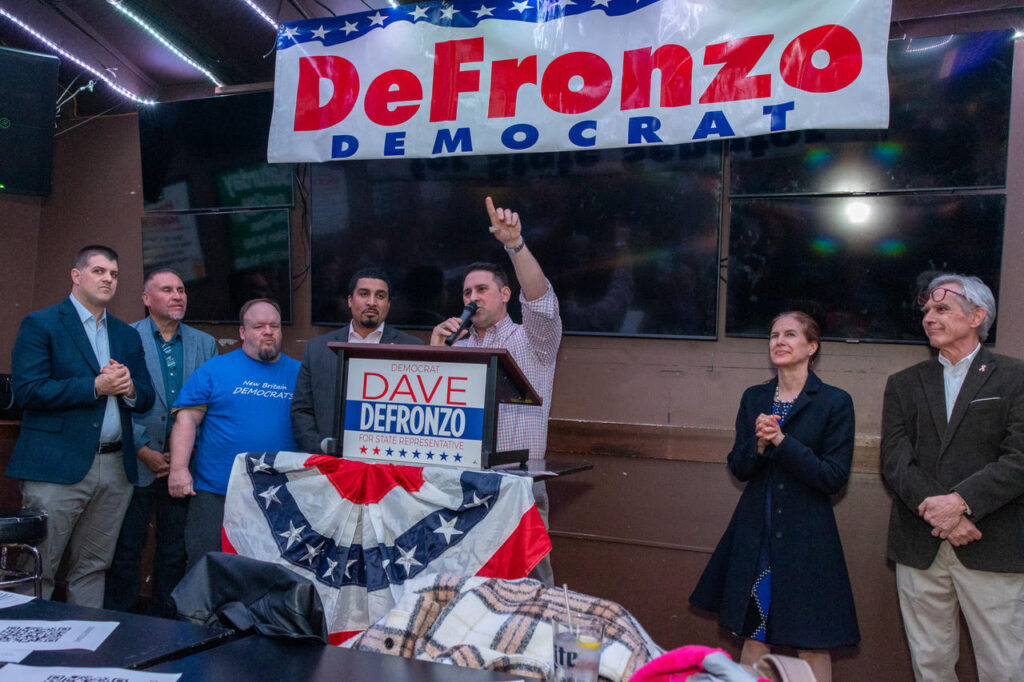
Another Democratic former Council member, Aram Ayalon, is challenging DeFronzo for the Democratic nomination for State Representative. Ayalon, who also served on the Board of Education, recently received enough petition signatures to qualify for an August 13th primary, when Democratic registered voters will determine their party’s nominee.
In addition to DeFronzo and Ayalon, Republican Board of Education member Barbara Marino (R) is seeking the seat.
DeFronzo’s campaign says his plan would be statewide and would target 60% of the Municipal Infrastructure Improvement Fund (MIRF) program expenditures to, “Connecticut’s largest cities, with older infrastructure.”
DeFronzo’s campaigns says that, “By proposing a state-wide program, rather than specific earmarks, DeFronzo feels the chances of building a legislative consensus on the plan is more likely.”
DeFronzo says that projects would be identified by each, “participating municipality’s legislative body as a high priority repair, renovation project or efficiency improvement,” and that the state would allocate the, “funds to Connecticut’s cities and towns be based on project urgency and potential impact on public safety as well as on infrastructure rating programs prepared by various professional associations.”

